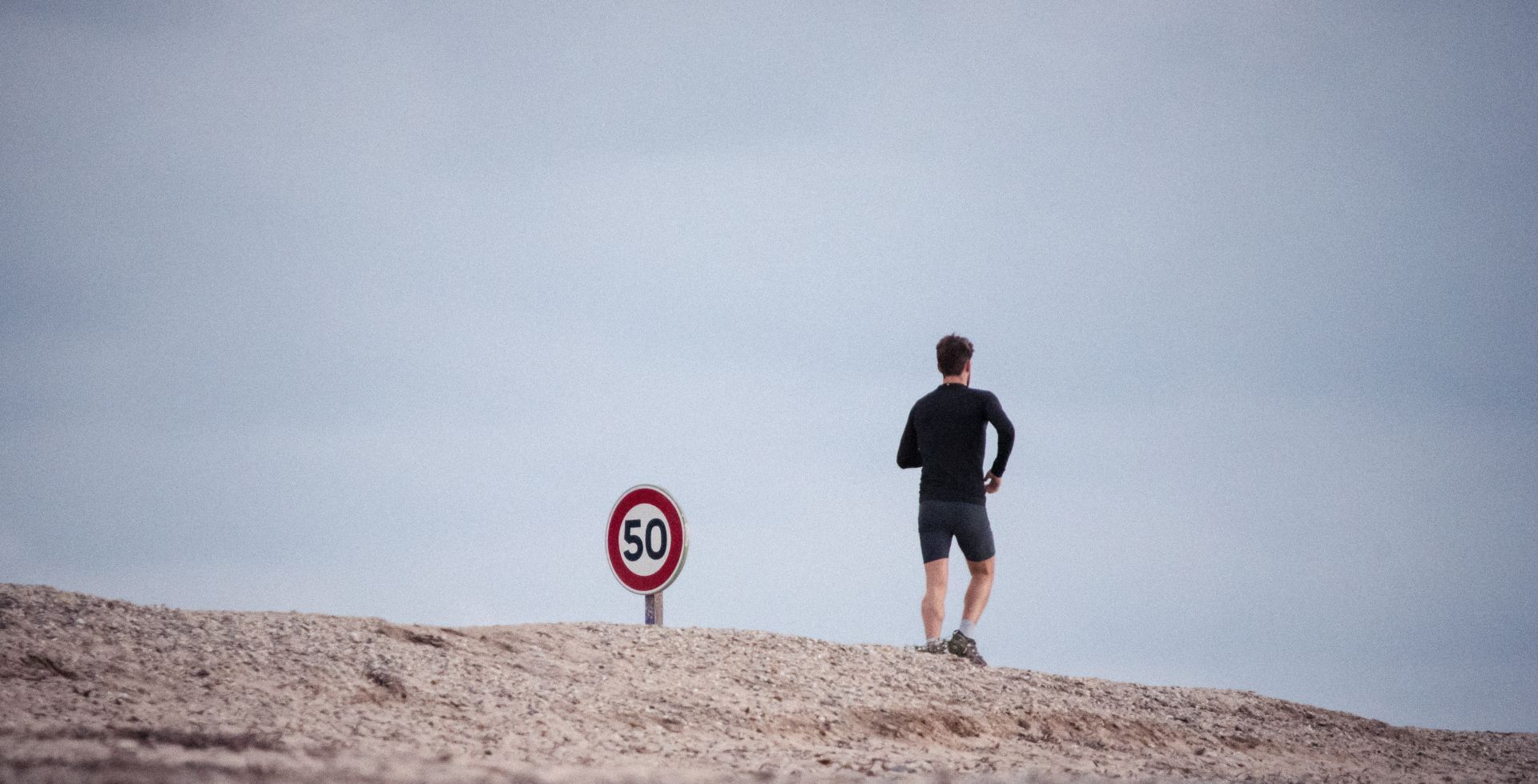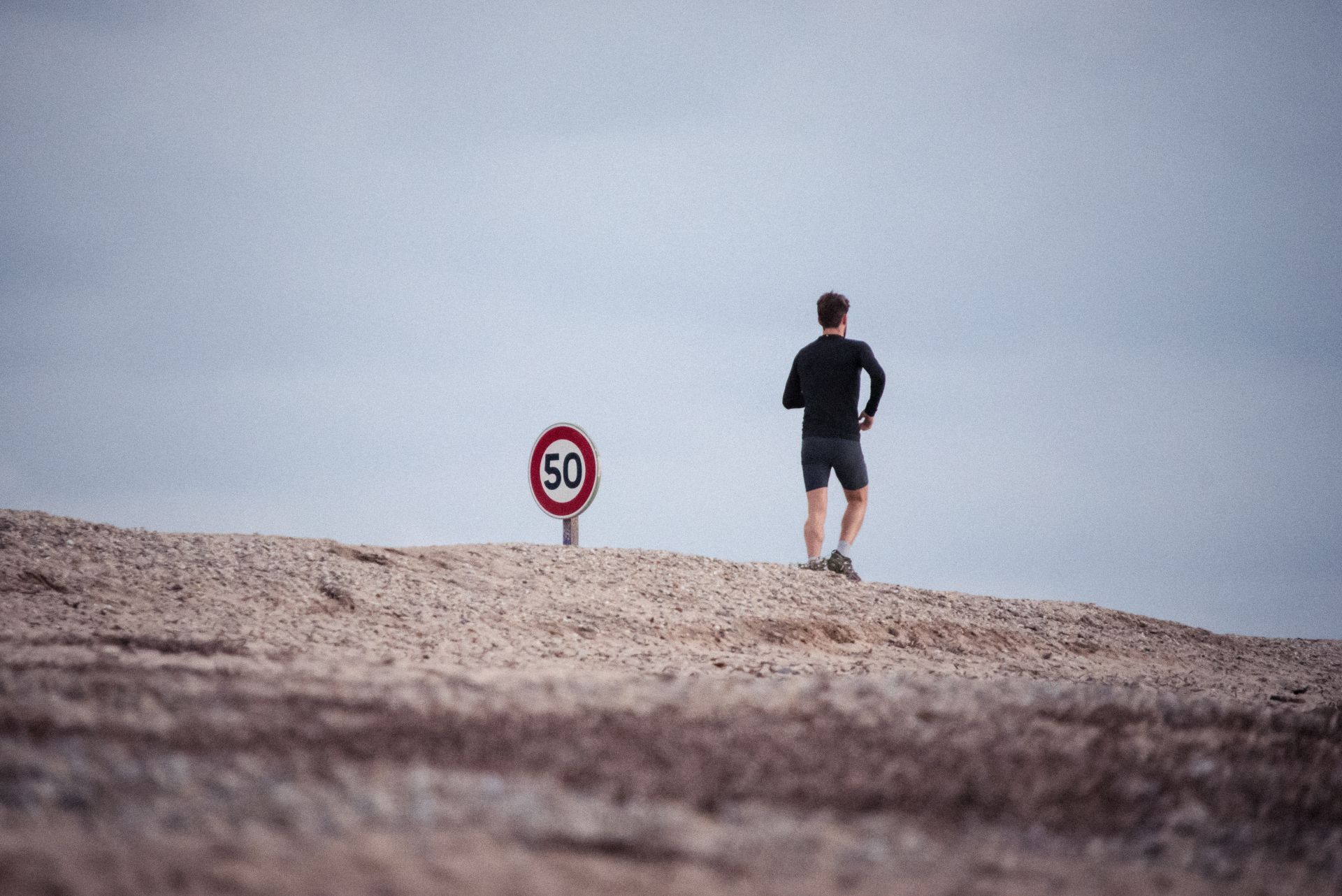
Technically known as dyspnea, breathlessness is an uncomfortable condition marked by tightness in the chest coupled with rapid or difficult breathing.
While feeling out of breath is normal during intense physical activity or at high altitudes, it might require medical attention if experienced for no obvious reason. In fact, in some cases, shortness of breath can be a sign of underlying conditions that need investigating.
Whether you are dealing with asthma, seasonal allergies, COPD or other lung disorders, breathlessness can be eased with either standard or non-conventional approaches or a blend of the two.
If you want to know more about how Chinese Medicine can help relieve symptoms by targeting the root causes and strengthening the whole body, keep reading or come and visit us at our AcuMedic Clinic in Camden, London.
How can we help?
Chinese Medicine has a long history of providing relief for several conditions of the respiratory system and their common symptoms, such as chronic and acute cough, dyspnea, asthma, and allergies.
Studies show that acupuncture, particularly, can increase oxygen-rich blood flow, and trigger an anti-inflammatory response that helps dilate the airways and improve smooth breathing. This, in turn, aids in reducing cough, muscle contractions and spasms while increasing lung capacity. Additionally, according to other studies, when provided alongside traditional Western protocols, Chinese Medicine seems to reduce the need for medications and drowsy
antihistamines.
Chinese Medicine Treatments for dyspnea are strategically crafted based on the individual’s symptoms and diagnosis. They usually consist of a tailored blend of acupuncture and medicinal herbs, combined with personalised lifestyle and dietary recommendations.
Treatments primarily aim at restoring lung functionality, and immune system response by targeting the underlying cause of the condition, while also addressing and relieving presenting symptoms.
How quickly will you see results?
Generally, the minimum course of treatment we recommend to start seeing improvement is about 4 weeks.
That said, when using Acupuncture results can be often very quick, depending on each individual case. Chinese Herbs, instead, typically take longer to show visible results. Both therapies require consistency and regularity but can provide successful results without the need to stay on treatments long-term.
About Breathlessness (Dyspnea)
Breathlessness, sometimes described as “air hunger”, is an unpleasant sensation of difficult breathing that can severely impact patients’ lives and make everyday activities a challenge. It ranges from mild and temporary to serious and long-lasting, may come on suddenly, as an acute episode, or over a period of time and turn chronic.
It’s often accompanied by other signs and symptoms, including tightness in the chest, rapid, shallow breathing, heart palpitations, wheezing and coughing. Especially if prolonged or left untreated, dyspnea can sometimes lead to a condition called hypoxia or hypoxemia, meaning low blood oxygen levels. This can result in a decreased level of consciousness and other potentially life-threatening symptoms.
When it’s not due to an obvious cause, such as intense physical activity or exertion, it might be a sign of onset or worsening of other medical concerns. Make sure you speak to your GP if you have any concerns or experience symptoms of breathlessness without apparent reasons.
Western Medical View
According to the Western medical view, most cases of shortness of breath are due to a lack of fitness and being overweight.
Other common causes of acute breathlessness include:
- Asthma
- Pneumonia (chest infection)
- Heart failure
- Lung disease
- Hyperventilation
Common causes of chronic breathlessness include:
- Obesity
- Chronic lung disease
- Anaemia
- Heart failure
- Asthma
Once the associated medical condition is determined, generally through blood tests, peak flow reading or chest X-ray, or further specialist tests of heart and lung health, treatment will depend on the most likely underlying cause of breathlessness.
Generally, patients will be encouraged to stop smoking if they do and possibly lose weight if they are overweight. Most cases will be managed by a GP or referred for further investigation and treatment at a hospital.
Chinese Medicine View
The most vital and obvious role of the Lung ZF organ is to take in oxygen and release carbon dioxide, but in the Chinese Medicine view, there is more to this key organ system. In fact, it’s believed to play a crucial role in immunity strength.
If Lung ZF health is optimal, immunity is strong, recovery from illness is quick and effective, and energy levels are high. Conversely, if Lung ZF health is weak, the immune system and energy levels will be low. Breathing may be shallow, and blood circulation may be weak possibly resulting in a series of other health concerns.
In Chinese Medical theory common causes of chronic breathlessness can be many and are usually divided between “Excess-type” and “Deficiency-type”. While they require different approaches they both can be successfully addressed through acupuncture and Chinese herbs.
The treatment for “Excess-type” breathlessness, due to the accumulation of pathogens, generally focuses on eliminating the pathogenic factors from the body such as Cold and Wind, resolving phlegm and clearing away the Heat.
On the other hand, the treatment for “Deficiency-type” breathlessness aims at tonifying the whole body and mind, invigorating the immune system with a focus on Lung ZF, Spleen ZF and Kidney ZF organs.
In addition to acupuncture and Chinese herbs, other Chinese Medicine protocols can be successfully used. These include cupping and Gua Sha to increase blood flow and aid the transport of oxygen throughout the body, and lifestyle and dietary adjustments to resolve excess mucus production and bolster lung health.
Lifestyle Advice
Breathlessness is a pretty uncomfortable condition. Here are a few tips that can help you.
- Eat a varied and whole food diet, and try to avoid or limit fatty, greasy and sweet food, and raw-cold foods which are highly inflammatory and might lead to Phlegm and exacerbate breathlessness.
- Try to keep a healthy weight. Exercise and try to stay active but take a rest when you feel breathless and then start again.
- Don’t smoke, or if you do smoke, try to reduce or stop smoking.
- Look after your mental health, to ease stress and anxiety, which can exacerbate breathlessness.
- Try some breathing control techniques.
- Use different comfortable seating and standing positions when you feel breathless.
- Arrange the things you use every day to make sure they are easy to reach.
These are general tips that should also help improve your overall health and emotional wellbeing. Don’t hesitate to reach out to us for more personalised advice or pop into our Clinic for a brief chat and to see how we can help.
+ *CLINICAL TRIALS:
Song-Yi Kim, Seorim Min, Hyangsook Lee, Soyeon Cheon, Xiuyu Zhang, Ji-Yeun Park, Taek-Jin Song, Hi-Joon Park, “Changes of Local Blood Flow in Response to Acupuncture Stimulation: A Systematic Review”, Evidence-Based Complementary and Alternative Medicine, vol. 2016, Article ID 9874207, 11 pages, 2016.
Feng J, Wang X, Li X, Zhao D, Xu J. Acupuncture for chronic obstructive pulmonary disease (COPD): A multicenter, randomized, sham-controlled trial. Medicine (Baltimore). 2016 Oct;95(40):e4879. doi: 10.1097/MD.0000000000004879. PMID: 27749542; PMCID: PMC5059044.
Pei-Chia Lo, Shun-Ku Lin, Jung-Nien Lai, Long-term use of Chinese herbal medicine therapy reduced the risk of asthma hospitalization in school-age children: A nationwide population-based cohort study in Taiwan. Journal of Traditional and Complementary Medicine,
Hsu CH, Lu Chinese Medicine, Chang TT. Efficacy and safety of modified Mai-Men-Dong-Tang for treatment of allergic asthma. Pediatr Allergy Immunol. 2005 Feb;16(1):76-81.
Chan CK, Kuo ML, Shen JJ, See LC, Chang HH, Huang JL. Ding Chuan Tang, a Chinese herb decoction, could improve airway hyper-responsiveness in stabilized asthmatic children: a randomized, double-blind clinical trial. Pediatr Allergy Immunol. 2006 Aug;17(5):316-22.
Chang TT, Huang CC, Hsu CH. Clinical evaluation of the Chinese herbal medicine formula STA-1 in the treatment of allergic asthma. Phytother Res. 2006 May;20(5):342-7.
Wen MC, Wei CH, Hu ZQ, Srivastava K, Ko J, Xi ST, et al. Efficacy and tolerability of anti-asthma herbal medicine intervention in adult patients with moderate-severe allergic asthma. J Allergy Clin Immunol. 2005 Sep;116(3):517-24.
Kelly-Pieper K, Patil SP, Busse P, Yang N, Sampson H, Li XM, et al. Safety and tolerability of an antiasthma herbal Formula (ASHMI) in adult subjects with asthma: a randomized, double-blinded, placebo-controlled, dose-escalation phase I study. J Altern Complement Med. 2009 Jul;15(7):735-43.

